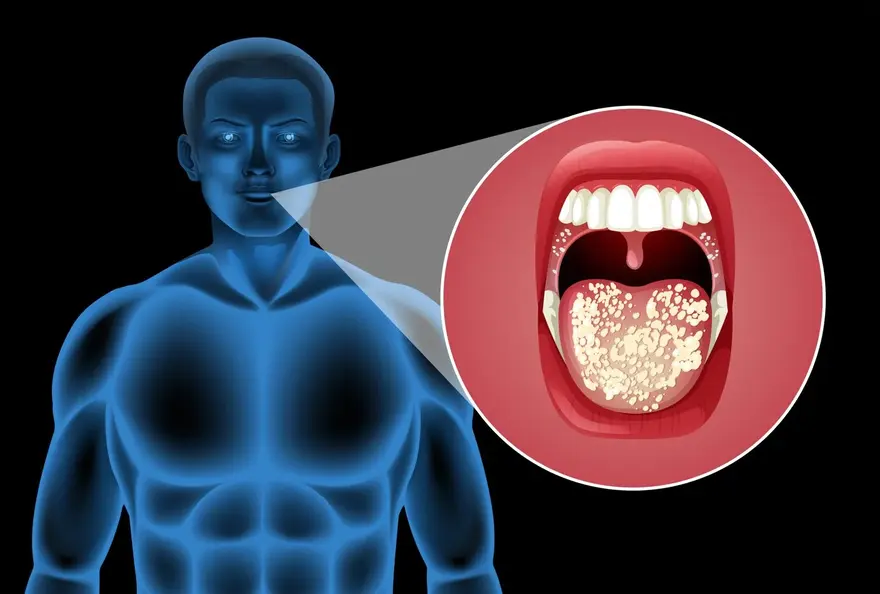Disease
Why and When You Should Get Tested for Vitamin D?
19391 Views
1

Vitamin D: The Sunshine Vitamin
Vitamin D helps our body absorb calcium and phosphorus from the diet. That is why it is essential for the development and functioning of bones and teeth. It is available in two forms: vitamin D2 and vitamin D3. Vitamin D2 is mainly found in plant-based food and whereas vitamin D3 is made by your own body when it is exposed to sunlight. It is also found in animal-based foods.
Both forms of vitamin D are changed to an active form which is 25 hydroxyvitamin D, also known as 25(OH)D.
What is The Importance of Vitamin D Test in India?
According to a study published in the Indian Journal of Pharmaceutical Sciences, approximately 70-90% of the healthy Indian population is vitamin D deficient. Low level of vitamin D occurs commonly in India across the different age, sex, gender, urban or rural settings.
How Do You Know if Your Vitamin D Levels are Sufficient?
If you have low levels of vitamin D, your body might give some signs such as pain in joints and limbs, fatigue, etc. However, it is not uncommon to have vitamin D deficiency and have no signs altogether.
A Vitamin D test is the best way to know if you have sufficient levels of vitamin D in your body. This test is done to measure the level of 25 hydroxyvitamin D in your blood to check whether it is low or higher than normal.
When Should You Get a Vitamin D Test?
You need to undergo vitamin D test if you fall into any one of the following categories:
1. You suffer from bone problems: Studies state that vitamin D is essential for the absorption of calcium, which plays an important role in the maintenance of bone health. Hence if you are suffering from pain in the bones or weak and fragile bones; you should get a vitamin test done.
2. You have a disease that reduces the body’s ability to use vitamin D: These are diseases of the liver, kidney, pancreas, thyroid, digestive system, and others.
3. You are a senior citizen: Elderly people need to get their vitamin D level tested. This is because due to age and staying indoors, their skin fails to make vitamin D when exposed to sunlight as efficiently when young. Aging causes a range of health problems. Want to make aging easier for you? Make sure to get your full body health tested regularly.
4. You are obese: In case of obesity, body fat binds to available vitamin D and prevents it from getting into the blood. Thus obesity might make you vitamin D deficient.
Obesity can cause derangement of cholesterol levels. Get tested for high levels of bad cholesterol here.
5. Your exposure to sunlight is limited: Since your body makes vitamin D when exposed to sunlight, you may be at risk of deficiency if you are housebound or have an occupation with limited sun exposure (if working in corporates, hospitals, etc.)
6. You underwent weight-loss surgeries: Weight loss surgeries reduce the size of the stomach. This makes it difficult for the body to absorb a sufficient amount of vitamin D.
7. If you are taking certain medicines: Medicines such as anticholesterol, antifungal, antifungal, and antiviral drugs also affect vitamin D metabolism.
8. Breastfeed babies: Breastmilk is not rich in vitamin D. That is why breastfed babies are advised to take vitamin D supplements. If not, their vitamin D level should be tested to probe vitamin D deficiency.
9. You have dark skin: This is because a large amount of pigment melanin in the skin reduces the skin’s ability to make vitamin D when exposed to sunlight.
10. Your diet lacks a source of vitamin D: Vitamin D is mainly found in animal sources including fish and fish oils, egg yolks, milk, and liver. If you follow a strict vegan diet, you might end up having a low level of vitamin D.
11. You are suffering regularly from one of these: Frequent nausea, vomiting, poor appetite, constipation, weakness can be a sign of excess vitamin D in the body.
What Happens in a Vitamin D Test?
This test is performed using a blood sample. Following steps are taken:
- A fresh syringe with a fine needle is used to withdraw blood from a vein in your arm.
- A healthcare provider will first tie an elastic band around your arm. You may be asked to open and close your hand to make a fist. This makes the veins swell with blood and visible.
- The area from where the sample will be taken will then be cleaned with an antiseptic solution and a cotton ball.
- The needle is then inserted into the vein to collect your blood sample.
- You will feel a tiny prick like an ant bite during the procedure.
- Blood samples once collected will then be sent to the laboratory.
What Do Vitamin D Test Results Mean?
This test measures the level of the active form of vitamin D which is 25(OH)D:
- Lower levels of 25(OH)D can indicate various health problems like bone disorders, insufficient nutrition, or other medical problems. It can be due to less exposure to sunlight, deficiency of vitamin D in the diet, or decreased absorption from the intestine.
- Higher levels of 25(OH)D than the normal range indicates vitamin D excess which might occur due to overdose of vitamin D.
Range:
The normal range of vitamin D is measured in nanograms per milliliter (ng/mL) or nmol/L and can vary from lab to lab.
- Deficiency- <20
- Insufficiency- 20-29
- Sufficiency- 30-100
- Toxicity- >100
How Frequently Do You Need to Take the Vitamin D Test?
Normally doctors do not recommend a vitamin D test but if they do, ask about your risks. If you are at a higher risk, it is advisable to get the test. If it is low, you can take advice to boost your vitamin D level with supplements and sun exposure.
Bottom line
Maintain an adequate level of vitamin D with a proper diet and spend time in the sun. If you choose to take supplements, it is advisable to take it only under medical prescription.























 WhatsApp
WhatsApp
Harpal Singh Chhabra
08 May 21 12:34 pmVery informative